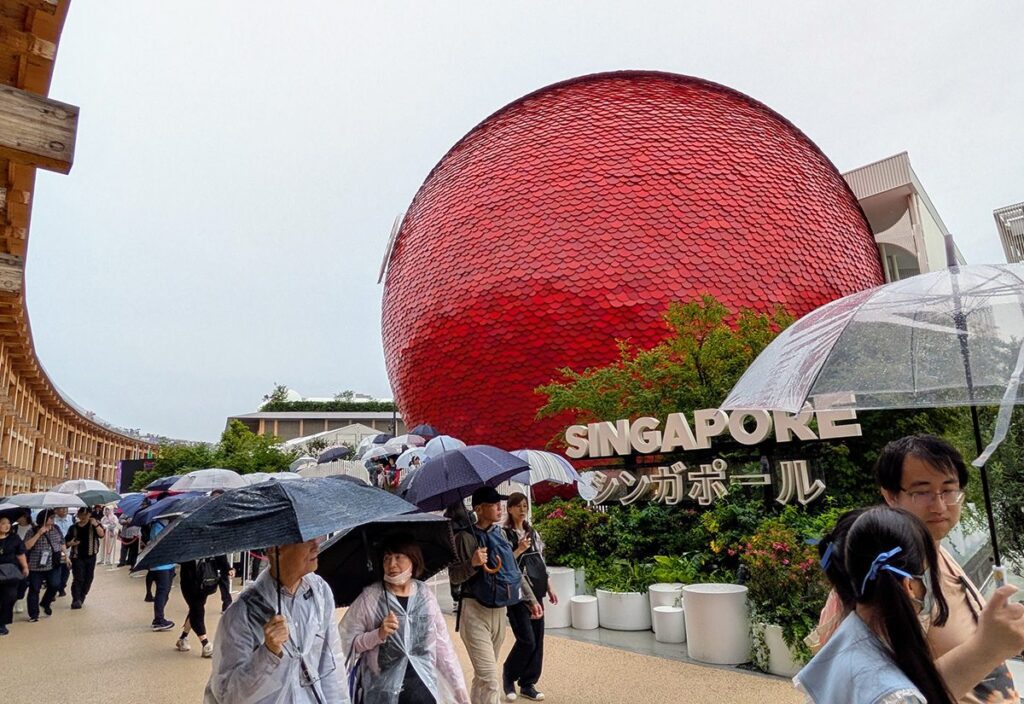Direct response marketing activity fell by between 30% to 50% in the days following the terrorists attacks throughout the United States. The initial hours were hit even harder, down 90%, according to H. Robert Wientzen, president and CEO of the Direct Marketing Association (DMA).
The drop came across all mediums and industries.
The falloff was in line with those experienced during other historical crises such as the Gulf War and President Kennedy’s assassination, Wientzen said.
“Anything that diverts national attention will depress direct response activity,” he said.
But this time, the impact may be more severe, largely due to the magnitude of the attacks and the ubiquity of coverage. “During the JFK assassination we had television, but the coverage was not as active and engaging,” Wientzen said. “The key is how long it will last. If there is little additional breaking news, than by the end of the month we will see normal [response] patterns emerge. If on the other hand we see significant military action with 24/7 coverage, than we could see the depressed response time last longer.”
If there is a long-term military campaign, Wientzen anticipates that response rates will return to a middle ground between where they are in the days immediately after the attacks and their pre-attack levels. “As an industry we are more resilient than retail, with the exception of supermarkets,” he said. “During the recession in the 1980s, we did better than brick-and-mortar firms.”
One theory he offered was that during crisis consumers become less likely to travel as part of their shopping efforts. “If they are going to be home watching television, they are less mobile,” Wientzen said.
Additionally, distance shopping may represent a source of escapism. “A catalog has a little bit of a wish-book phenomenon,” he said. “There are people that would argue that if people feel bad they curl up with a catalog and may end up ordering things. That would be my reason for suggesting we will do a little bit better [than retail], even if people’s attention is focused on the unfolding events.”
One major concern is that the terrorist activities occurred shortly after Labor Day, a traditional kickoff point for the distance sales industry’s December holiday activities. “I still think there is time for us to achieve a normal response level, assuming that we don’t have an escalation of activities,” Wientzen said. “If there is, then we will see a depressed response level.”
 Network
Network

